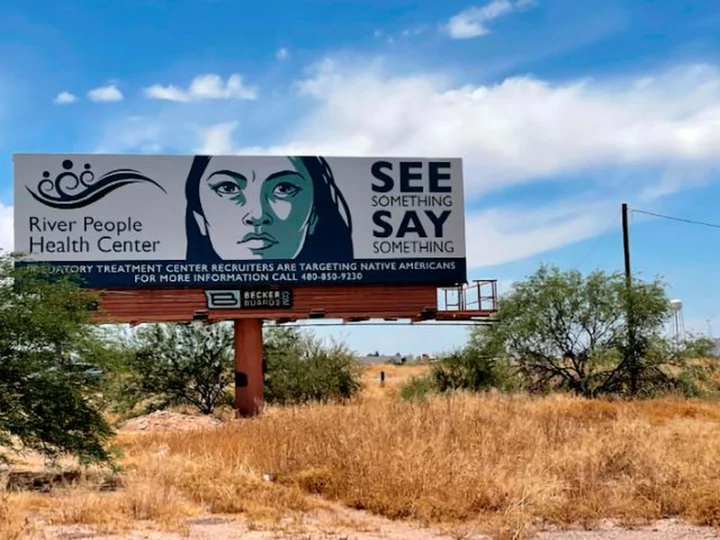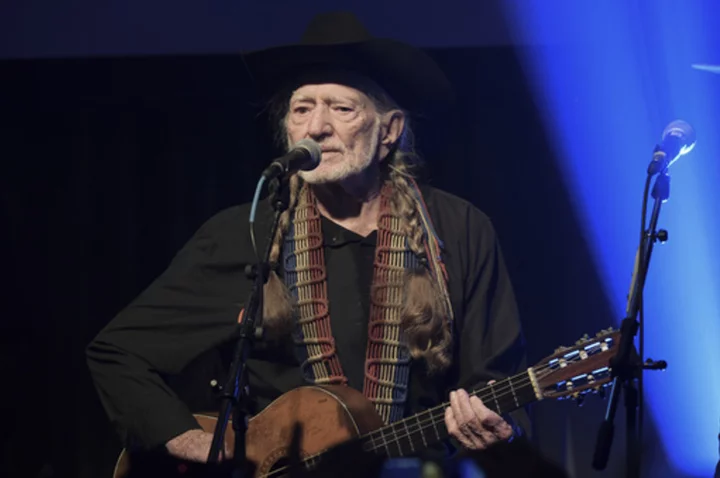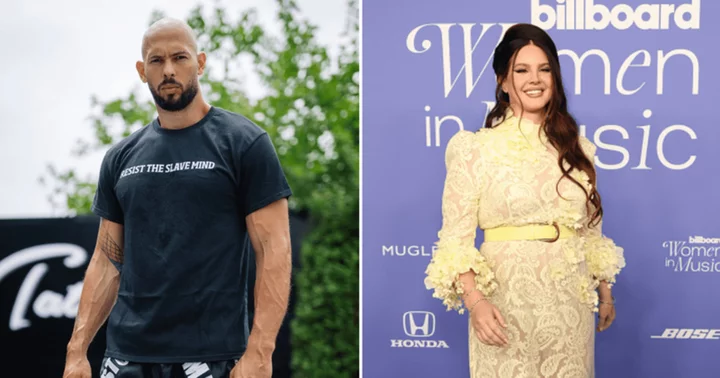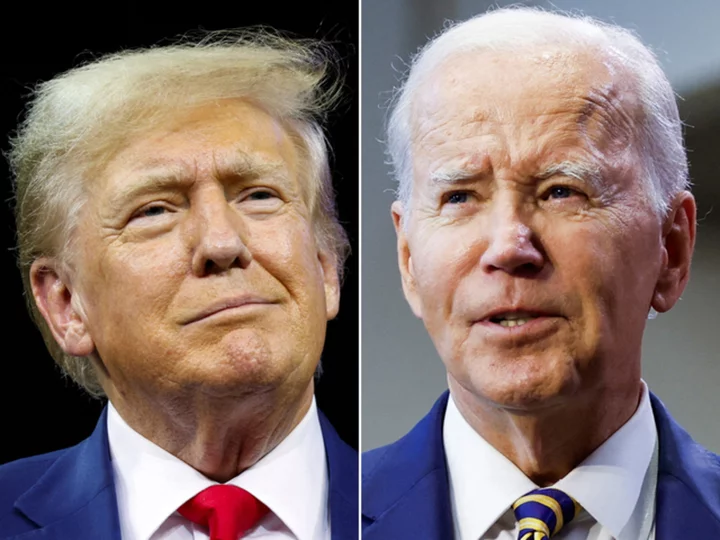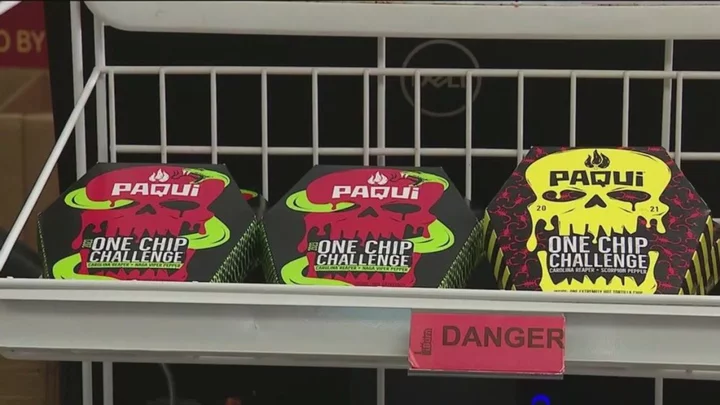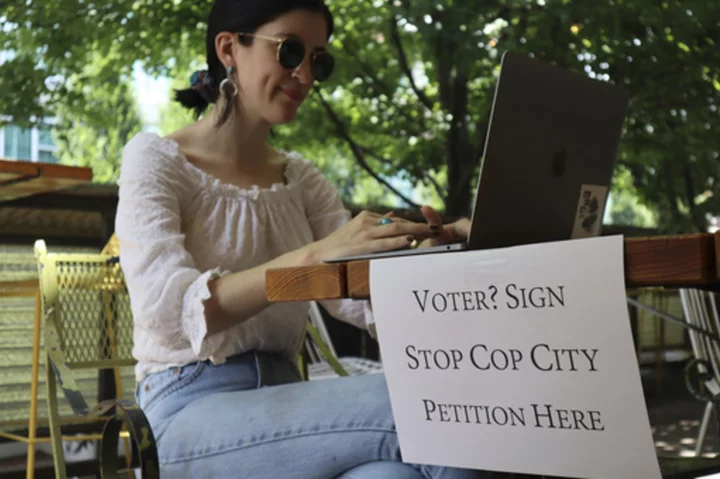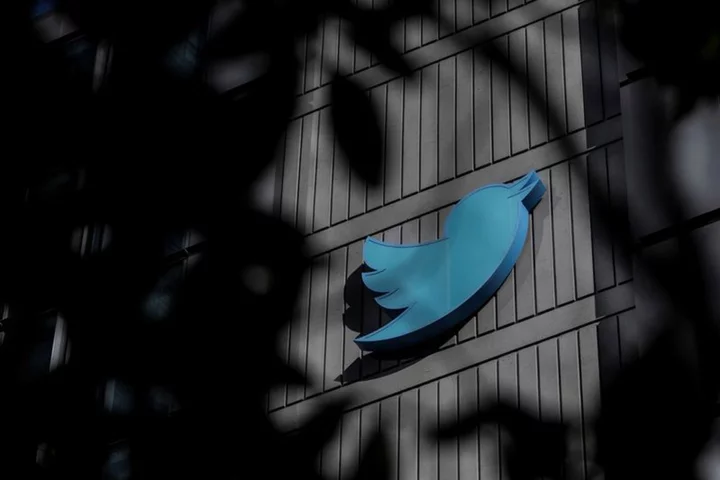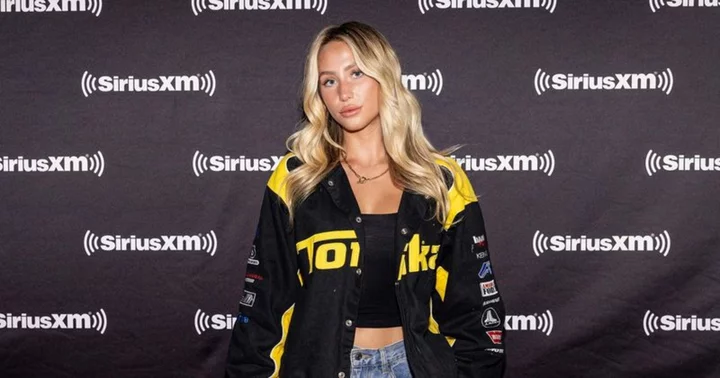Navajo Nation police officers are searching for Native Americans who have been victimized by what the state of Arizona calls "fraudulent Medicaid providers."
According to state officials, treatment facilities designed to treat Native Americans for substance abuse and mental health issues allegedly defrauded the state Medicaid system of millions of dollars and failed to provide treatments they promised.
Arizona Governor Katie Hobbs said the providers' actions created "a large-scale humanitarian crisis" affecting the states tribal communities. Hobbs said not only did these Native American patients receive inadequate care in the facilities under scrutiny, but they were also "allowed and sometimes encouraged to continue using drugs and alcohol."
Following an investigation, Arizona authorities identified and announced actions against the providers allegedly involved including suspending payments to those providers, Hobbs said during a press conference in May. Hobbs said the alleged fraudulent activity began years ago but her administration began efforts to restore "true accountability."
"I have heard stories of the pain and suffering that these exploited individuals have gone through," Hobbs said, adding "...desperate people, struggling with addiction, picked up off the street and dropped in a home with drugs, alcohol and no treatment available."
CNN went along with Navajo Nation Police on Wednesday as they searched for Native American victims on the streets of Phoenix.
"It's frustrating and upsetting," Harland Cleveland, special operations coordinator for the Navajo Nation Police, told CNN when asked how he felt seeing members of his community being taken advantage of and put out on the street to fend for themselves. "We try to do what we can to assist them."
The Navajo Nation government declared a state of emergency last week.
In a release, the Navajo Nation Commission on Emergency Management said the alleged Medicaid fraud targeted Native American communities. The declaration states the tribal nation has "...significant concerns about the impacts to Navajo Nation lives from abrupt displacement that have affected an estimated 5,000 to 8,000 Navajo individuals."
To help displaced tribal members, the Navajo Nation established Operation Rainbow Bridge to find, provide resources and, if desired, repatriate those affected back to indigenous communities. On their website, the group says the initiative is "to ensure a safe journey for our people away from dangerous facilities and toward reputable behavioral health centers or the loving arms of family."
Navajo Nation Police told CNN they provided food and water to three women earlier Wednesday. "They were happy to see us here, making contact with them and seeing if they were okay," said Sgt. Roland Dash.
During CNN's ride-along, Navajo Nation Police encountered two men who needed help. One of the men fought back tears telling CNN he had no family. His friend said, "Sometimes street family is better than real family." Despite their situation, the men just wanted water, which they were given.
Hobbs announced Arizona would take action against more than "100 Medicaid behavioral health residential and outpatient treatment service providers believed to be engaging in fraud."
"We have credible reason to believe they have defrauded the state medical program out of hundreds of millions of dollars," Hobbs said.

